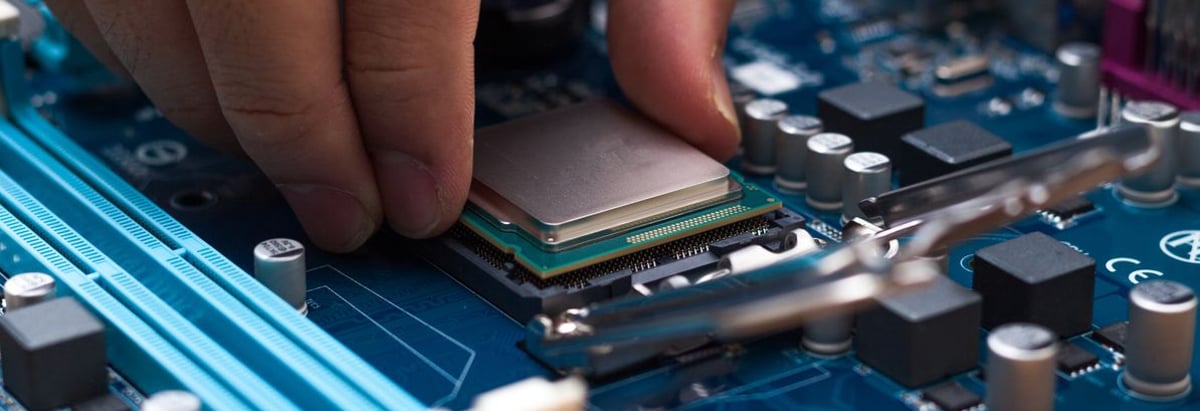- India
- /
- Electronic Equipment and Components
- /
- NSEI:REDINGTON
What Does Redington (India) Limited's (NSE:REDINGTON) Share Price Indicate?

Redington (India) Limited (NSE:REDINGTON), is not the largest company out there, but it saw significant share price movement during recent months on the NSEI, rising to highs of ₹156 and falling to the lows of ₹137. Some share price movements can give investors a better opportunity to enter into the stock, and potentially buy at a lower price. A question to answer is whether Redington (India)'s current trading price of ₹148 reflective of the actual value of the small-cap? Or is it currently undervalued, providing us with the opportunity to buy? Let’s take a look at Redington (India)’s outlook and value based on the most recent financial data to see if there are any catalysts for a price change.
Check out our latest analysis for Redington (India)
What's the opportunity in Redington (India)?
Great news for investors – Redington (India) is still trading at a fairly cheap price according to my price multiple model, where I compare the company's price-to-earnings ratio to the industry average. I’ve used the price-to-earnings ratio in this instance because there’s not enough visibility to forecast its cash flows. The stock’s ratio of 11.19x is currently well-below the industry average of 31.07x, meaning that it is trading at a cheaper price relative to its peers. Redington (India)’s share price also seems relatively stable compared to the rest of the market, as indicated by its low beta. If you believe the share price should eventually reach its industry peers, a low beta could suggest it is unlikely to rapidly do so anytime soon, and once it’s there, it may be hard to fall back down into an attractive buying range.
What kind of growth will Redington (India) generate?

Investors looking for growth in their portfolio may want to consider the prospects of a company before buying its shares. Buying a great company with a robust outlook at a cheap price is always a good investment, so let’s also take a look at the company's future expectations. Redington (India)'s earnings over the next few years are expected to increase by 33%, indicating a highly optimistic future ahead. This should lead to more robust cash flows, feeding into a higher share value.
What this means for you:
Are you a shareholder? Since REDINGTON is currently below the industry PE ratio, it may be a great time to accumulate more of your holdings in the stock. With an optimistic outlook on the horizon, it seems like this growth has not yet been fully factored into the share price. However, there are also other factors such as capital structure to consider, which could explain the current price multiple.
Are you a potential investor? If you’ve been keeping an eye on REDINGTON for a while, now might be the time to make a leap. Its buoyant future profit outlook isn’t fully reflected in the current share price yet, which means it’s not too late to buy REDINGTON. But before you make any investment decisions, consider other factors such as the track record of its management team, in order to make a well-informed investment decision.
Keep in mind, when it comes to analysing a stock it's worth noting the risks involved. While conducting our analysis, we found that Redington (India) has 1 warning sign and it would be unwise to ignore this.
If you are no longer interested in Redington (India), you can use our free platform to see our list of over 50 other stocks with a high growth potential.
New: AI Stock Screener & Alerts
Our new AI Stock Screener scans the market every day to uncover opportunities.
• Dividend Powerhouses (3%+ Yield)
• Undervalued Small Caps with Insider Buying
• High growth Tech and AI Companies
Or build your own from over 50 metrics.
Have feedback on this article? Concerned about the content? Get in touch with us directly. Alternatively, email editorial-team (at) simplywallst.com.
This article by Simply Wall St is general in nature. We provide commentary based on historical data and analyst forecasts only using an unbiased methodology and our articles are not intended to be financial advice. It does not constitute a recommendation to buy or sell any stock, and does not take account of your objectives, or your financial situation. We aim to bring you long-term focused analysis driven by fundamental data. Note that our analysis may not factor in the latest price-sensitive company announcements or qualitative material. Simply Wall St has no position in any stocks mentioned.
About NSEI:REDINGTON
Flawless balance sheet established dividend payer.


